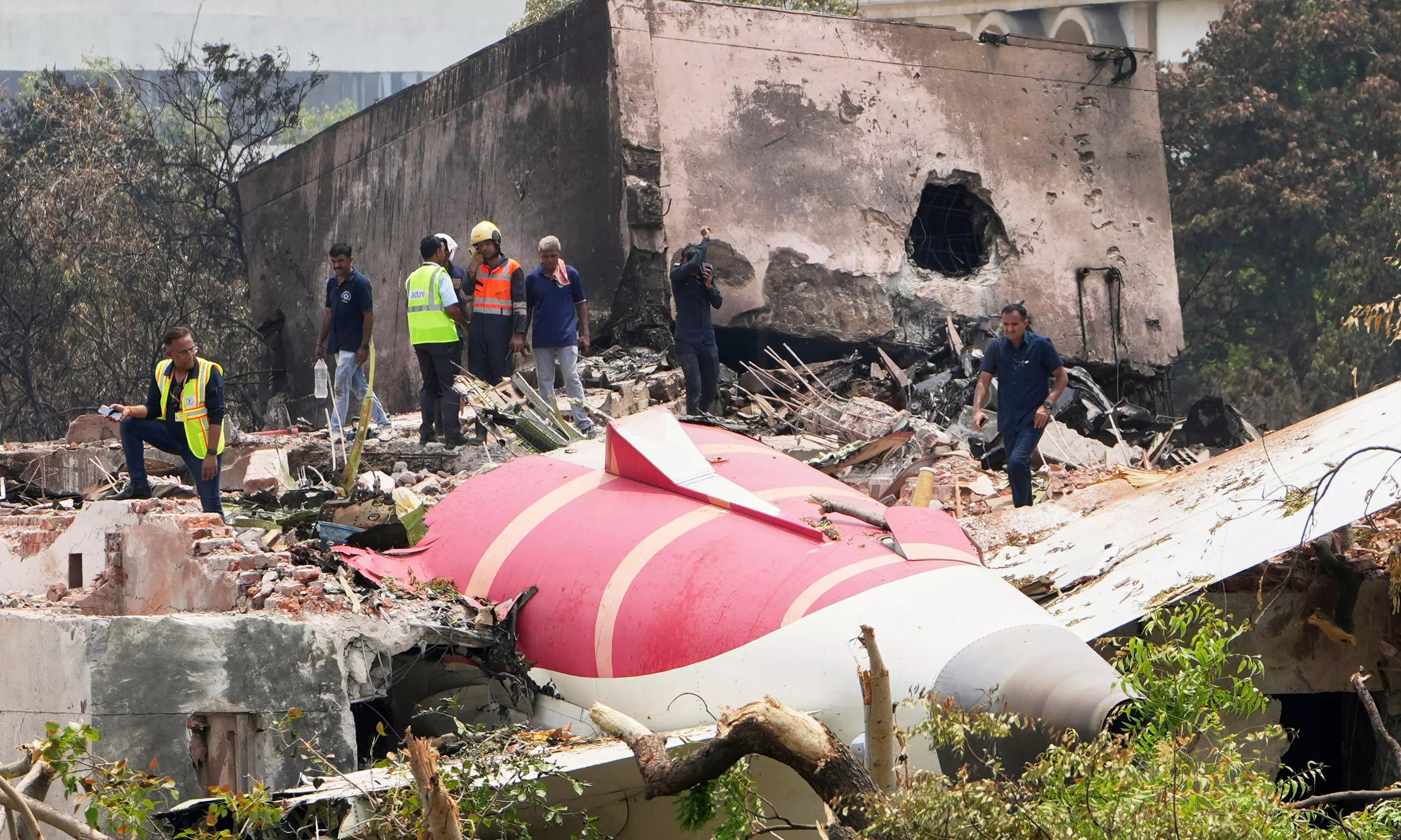DC Edit | DGCA’s Diktat to Air India Welcome
Air India faces probe as DGCA demands stricter rule enforcement in aviation

The instructions of the Directorate General of Civil Aviation (DGCA) given out to Air India to take certain actions following the Air India plane crash on June 12 are both reassuring and disturbing.
The civil aviation regulator has ordered Air India to immediately remove three officials from all responsibilities related to crew scheduling and rostering over serious lapses and initiate internal disciplinary proceedings against them. It has also issued a show-cause notice to Air India for violating flight duty time limitations (FDTL) norms for the crew. The decisions are based on a review of the voluntary disclosures the airline has made to the agency.
The DGCA actions are reassuring since the agency appears to have gotten serious about its job of regulating civil aviation in the country after over 260 people lost their lives in the Ahmedabad crash.
Also, now that a perusal of the voluntary disclosures by an airline has pointed to a series of rules violations, prompting it to threaten the airline with suspension of licence, the regulator must come out with the results of its review of more such mishaps happening under the aegis of the same company as well as other airlines that operate in Indian skies.
What is less comforting, perhaps, is the fact that the regulator appears to have woken up only once the tragedy had taken place. A passenger boards a plane thinking that there are rules to fly the aircraft, the airline companies are following them, the regulator is overseeing it all, and the government is ensuring that everyone does their job. The Ahmedabad accident was a shocker that proved that there were slip-ups all around. Every stakeholder was cutting corners, including the regulator.
All this must now convince the government that privatisation of services is not a silver bullet that cures all the ailments of an industry and that it should instead call for closer scrutiny as profit becomes the sole motive even of reputed organisations, so much so that they won’t mind flouting critical rules. The government must also ensure that the regulators have their eyes peeled on the industries that they are supposed to oversee. There is no substitute for utmost vigilance.

